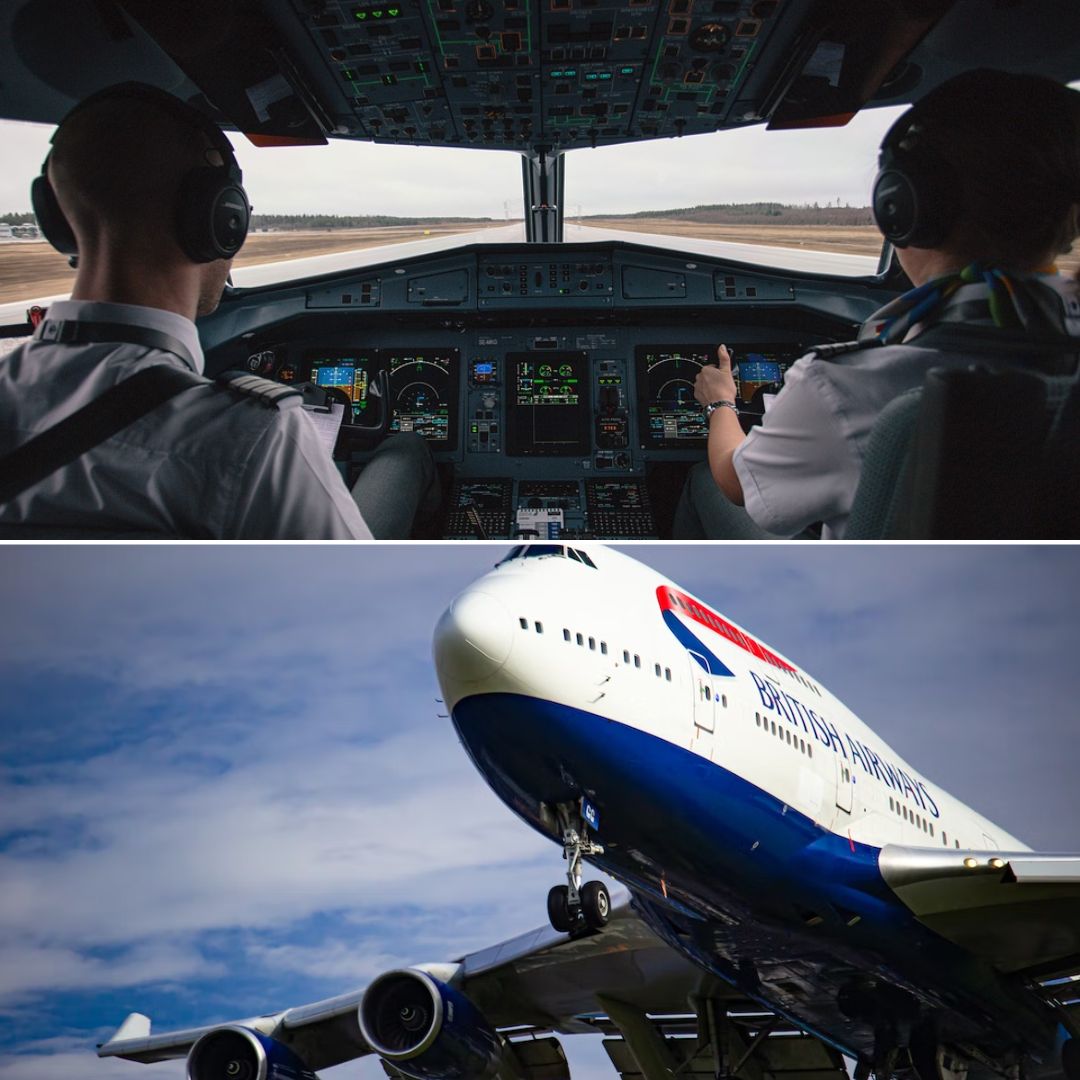66% Of Indian Pilots Doze Off In Cockpit Without Alerting Fellow Crew Members, Reveals Survey
Writer: Apoorva Chakrayat
She is a mass communication undergrad student at Makhanlal Chaturvedi National University of Journalism and Communication.
India, 28 Sep 2022 5:46 AM GMT
Editor : Shiva Chaudhary |
A post-graduate in Journalism and Mass Communication with relevant skills, specialising in content editing & writing. I believe in the precise dissemination of information based on facts to the public.
Creatives : Shiva Chaudhary
A post-graduate in Journalism and Mass Communication with relevant skills, specialising in content editing & writing. I believe in the precise dissemination of information based on facts to the public.
According to the study, overwork and having to fly back-to-back morning flights, which required getting up as early as 2 am, were the most common causes of falling asleep in the cockpit.
Around 66 per cent or 358 of 542 Indian pilots who took part in a recent survey on fatigue triggering "daytime sleepiness" admitted to dozing off in the cockpit without alerting their fellow crew members or experiencing microsleep episodes while on the job. The survey measured their fatigue levels on the Epworth Sleepiness Scale, and the prominent reason is primarily due to extreme fatigue.
The non-profit organisation Safety Matters Foundation conducted the survey, which included Indian pilots flying to regional and domestic destinations within four hours. It was discovered that approximately 54 per cent of pilots suffer from severe excessive daytime sleepiness, while 41 per cent experience moderate daytime sleepiness.
'Back-To-Back Morning Flights Causing Fatigue'
Fatigue was identified as one of the primary causes of aeroplane accidents, as is pilots' inability to cope with the pressures of their jobs. Timings for most pilots have increased as companies seek to work with less-than-sufficient workforces, as per the reports of The Times Of India.
Previously, pilots were required to fly 30 hours per week; now, they must fly back-to-back once per week, putting additional strain on the workforce and leading to increased fatigue.
According to the study, overwork and having to fly back-to-back morning flights, which required getting up as early as 2 am, were the most common causes of falling asleep in the cockpit.
Highlight Of The Survey: Fatigue Or Scarcity Of Pilots?
According to the survey, 66 per cent of pilots admitted to dozing off in the cockpit without alerting their fellow crew members, 54.2 per cent suffer from severe excessive daytime sleepiness, and 74 per cent attribute a series of morning departures as the leading cause of fatigue. At least 31 per cent admit to having a close call while flying that could have led to an incident attributable to fatigue; following a statistical review of commercial aeroplane accidents worldwide between 1959 and 2016, the final approach and landing account for 48 per cent of fatal accidents and onboard fatalities.
The Pilots said there had been a chronic scarcity of competent pilots in India, where airlines require up to 1,500 new pilots annually. However, only 200 to 300 new hires have the appropriate training, as per the reports of the Hindustan Times.
Need To Implement Fatigue Risk Management Systems
A Fatigue Risk Management System (FRMS) is a data-driven method of continuously monitoring and maintaining fatigue-related safety risks, based on scientific principles and knowledge as well as operational experience, to ensure relevant personnel perform at adequate levels of alertness.
Amit Singh, the founder of the Safety Matters Foundation, stated, "Corporate support for implementing and maintaining a safety culture needs to be enhanced. There is a general agreement that adequate manpower and resources are not put into safety. The DGCA has not implemented Fatigue risk management systems (FRMS) mandatorily, and as such, no rules have been drafted to manage fatigue under FRMS. The prevailing rules are prescriptive and scientific principles on which DGCA has based the regulations for flight and the duty time remain debatable."
 All section
All section














